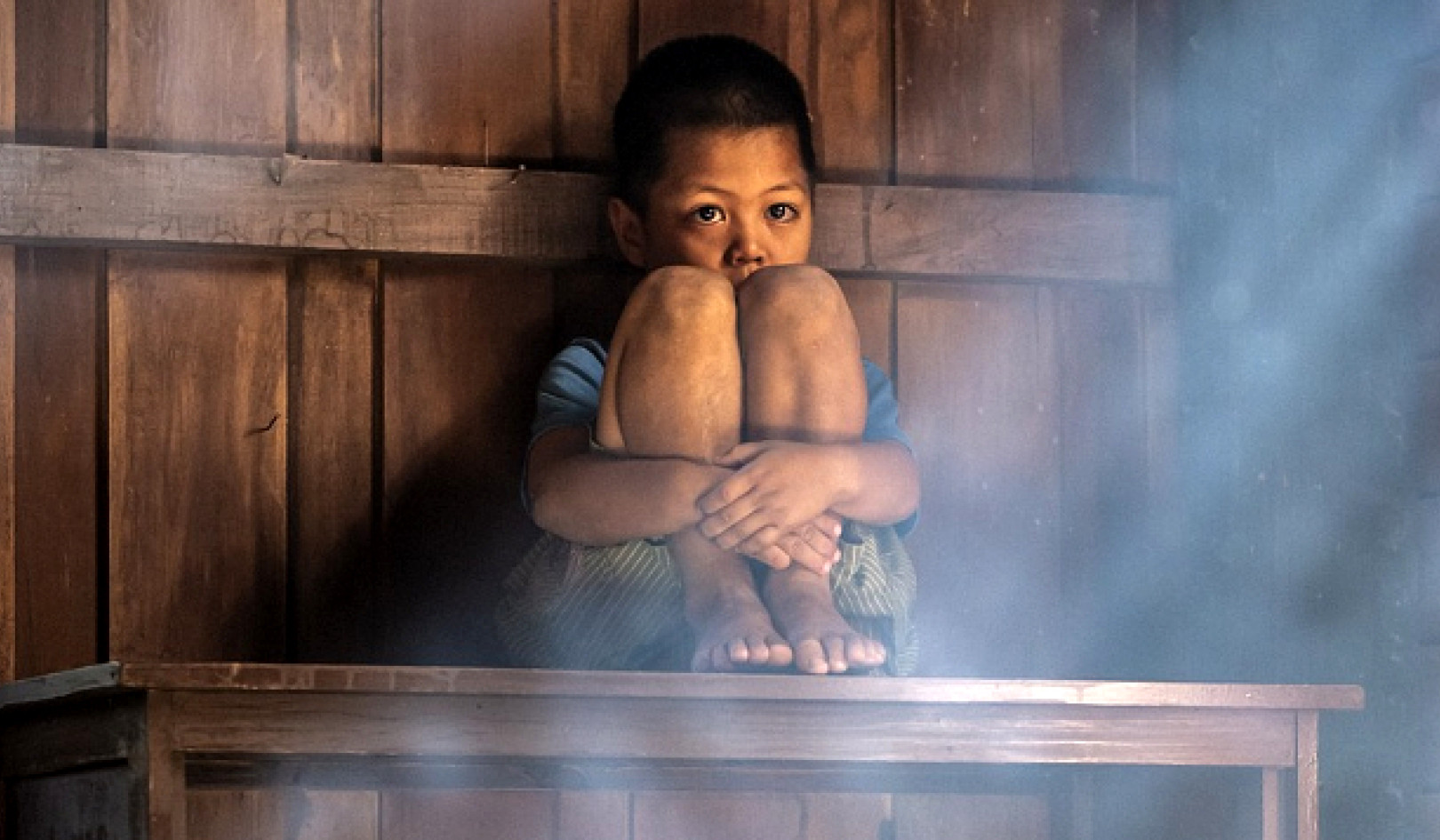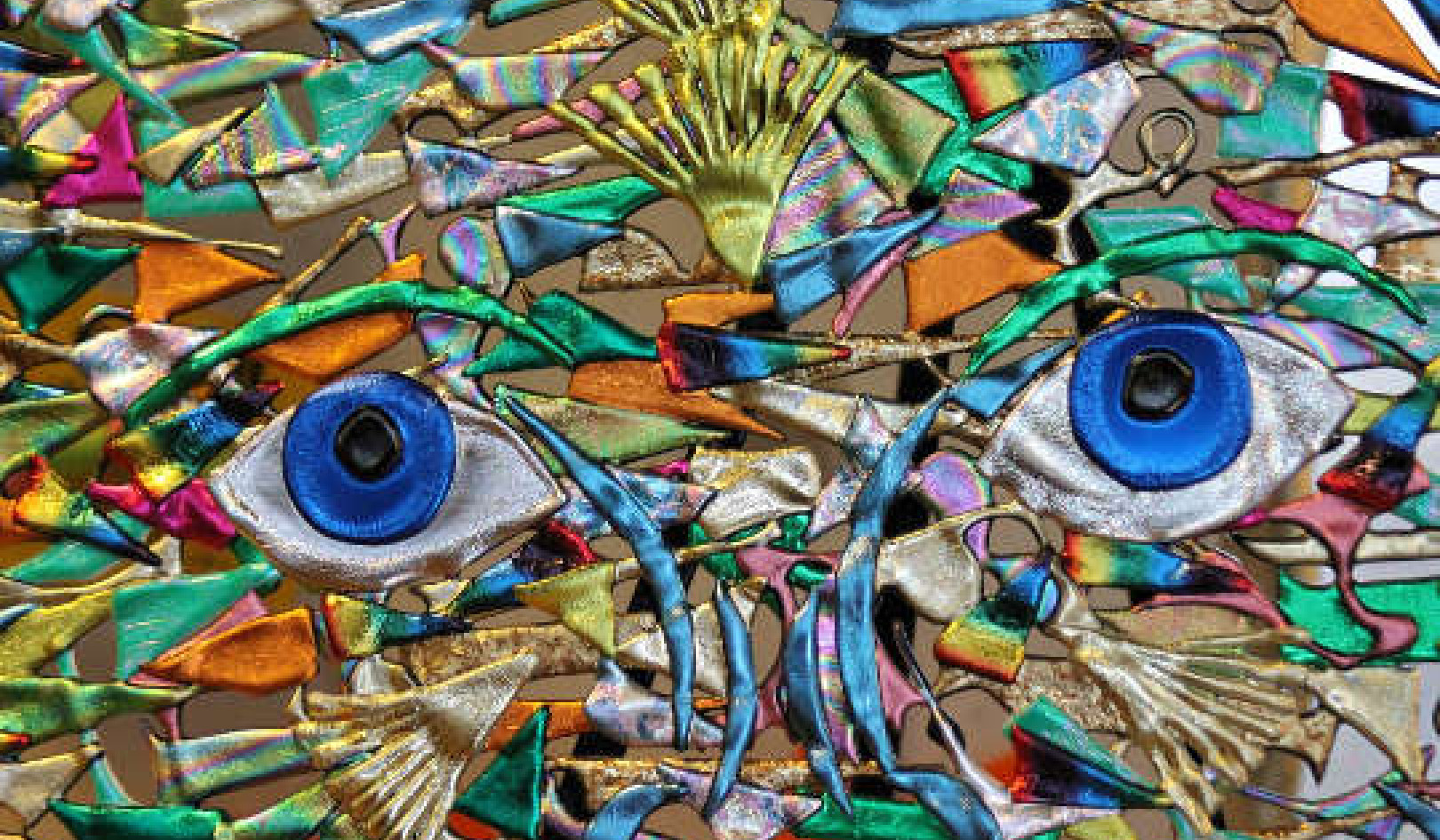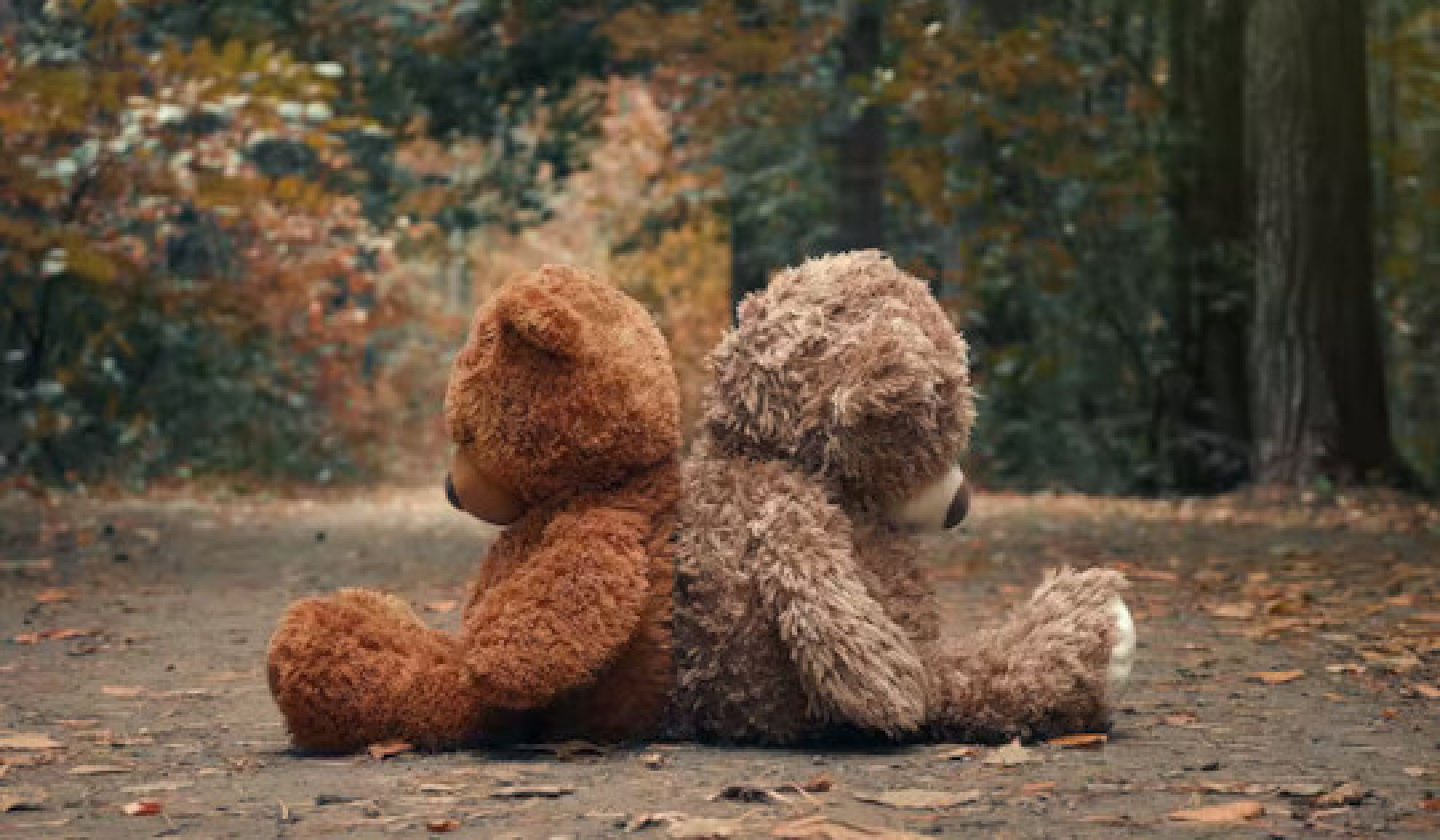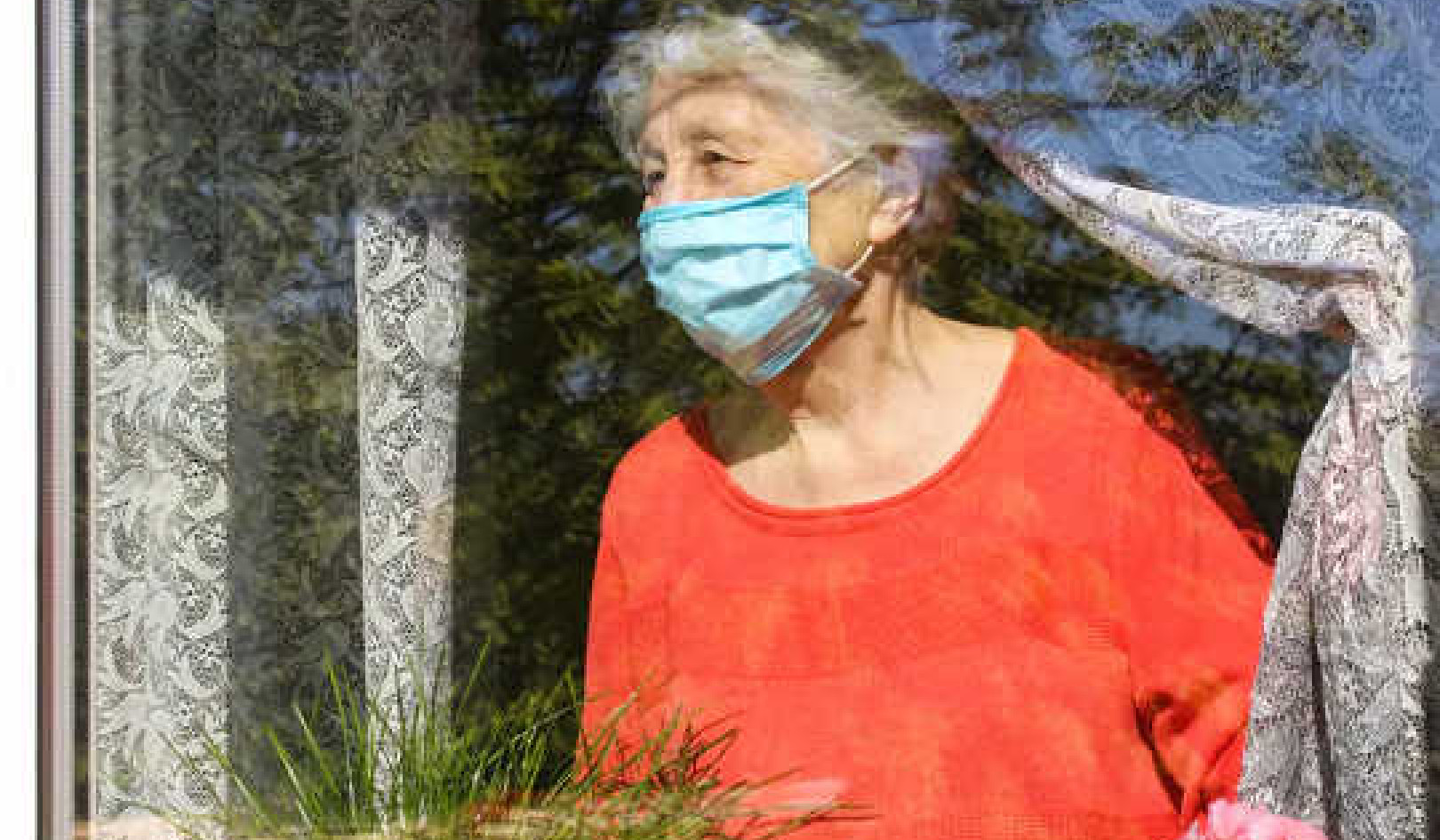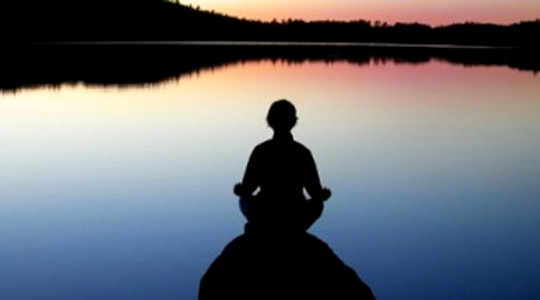
At one time the Buddha was walking outside the city walls, and he saw the body of a drunken wastrel who had just died. The Buddha said that this man, the son of a rich merchant, had originally been very wealthy. He had met with the Buddha, and was attracted to the Dharma, and had even thought of becoming a monk. But his wife dissuaded him and so he didn’t ordain. Eventually he began to gamble and drink and waste all his money. He ended up as a beggar. The Buddha said that if he had become a monk at that time, he would have become completely liberated.
This is our life — we do have a choice. It is up to us whether we waste this lifetime or use it in a meaningful way that can benefit ourselves and others. Basically this is what karma is all about. Events are going to happen to us on account of actions of body, speech, and mind committed in the past. But the good news is that through our present responses, we mold our future — constantly, moment to moment to moment. We can be half-asleep or completely asleep in this moment, or we can be awake in this moment — awake, conscious, aware. The choice is ours.
Most of us actually go around half asleep. We’re very busy; we’re very occupied; we always have things to do. But inwardly, we’re zombies. Programmed zombies — you push a button, and you get a response. Sometimes the responses are nice and sometimes they are hostile, but they’re not conscious responses. That element of inner awareness, of really knowing the moment in the moment is usually not there. We’re half-asleep and totally distracted.
Too Busy to Just Be Quiet?
Our ordinary lives are so busy, our days are so full, but we never have any space even to sit for a minute and just be. We are afraid of silence — outer silence, inner silence. When there’s no noise going on outside we talk to ourselves—opinions and ideas and judgments and rehashes of what happened yesterday or during our childhood; what he said to me; what I said to him. Our fantasies, our daydreams, our hopes, our worries, our fears. There is no silence. Our noisy outer world is but a reflection of the noise inside: our incessant need to be occupied, to be doing something.
Recently I was talking with a very nice Australian monk who was once occupied with doing so many wonderful Dharma activities that he became a workaholic. He would be up until two or three in the morning. Eventually he collapsed totally. He was really a workaholic, and as his work was for the Dharma it looked very virtuous. It looked like he was doing really good things. He was benefiting many people and carrying out the instructions of his teacher, but now that he can’t do anything, who is he? And so he is going through a tremendous crisis because he always identified himself with what he did and with being able to succeed. Now he is not able to do anything and is dependent on others. So I said to him, “But this is a wonderful opportunity. Now, you don’t have to do anything, you can just be.” He said he was trying to come to that, but he found it very threatening not to do anything, to just sit there and be with who he is, not with what he does.
Workaholism: Filling Our Lives with Activities
 This is the point — we fill our lives with activities. Many of them are really very good activities but if we are not careful, they can just be an escape. I’m not saying that you shouldn’t do good and necessary things, but there has to be breathing in as well as a breathing out. We need to have both the active and the contemplative. We need time to just be with ourselves, and to become genuinely centered, when the mind can just be quiet.
This is the point — we fill our lives with activities. Many of them are really very good activities but if we are not careful, they can just be an escape. I’m not saying that you shouldn’t do good and necessary things, but there has to be breathing in as well as a breathing out. We need to have both the active and the contemplative. We need time to just be with ourselves, and to become genuinely centered, when the mind can just be quiet.
Usually it’s better if this is done in the early morning, because if we get up very early in the morning, provided that we haven’t gone to bed too late at night, we should be fresh and bright. Usually if we get up before the rest of the household, it’s more quiet. Obviously it’s no good getting up to meditate when everybody else is also getting up. We have to be up before everyone else, unless others in the household are getting up and meditating too!
Meditation: Making an Effort to Be Quiet
We know we have to make the effort. If we seriously want to integrate the spiritual dimension with our everyday life, we have to make some sacrifices. These include getting up early so that we can have at least one half-hour or an hour of just being with ourselves and doing a serious practice, with maybe five minutes or so of generating lovingkindness for all beings at the end. Then it really changes the whole quality of the day.
As one gets used to meditation, time spontaneously begins to expand and the practice begins to influence the day. We’re trying to create the circumstances through which our whole day can be used as our spiritual path. Everything we do, everybody we meet is part of practice. This is how we learn to open up our heart; this is how we open to being generous and kind, thoughtful and tolerant and patient. Understanding. More and more we become present in the moment, here and now, instead of away in cloud cuckoo land.
At the beginning we try to quiet down the tumult inside, become centered, and give ourselves some inner space so that our spiritual life and our daily life become the same thing. Outwardly, nothing has changed. But inwardly, everything has transformed.
©2011 Tenzin Palmo. Reprinted with permission of the publisher,
Snow Lion Publications. http://www.snowlionpub.com
Article Source
Into the Heart of Life
by Jetsunma Tenzin Palmo.
 Down-to-earth, approachable, and deeply informative, this collection of talks and dialogues covers a wide range of topics, always returning to practical reflections on how we can enhance the quality of our lives and develop more sanity, fulfillment, wisdom, and compassion. Into the Heart of Life is addressed to a general audience and presents practical advice that can be applied whether or not one is a Buddhist.
Down-to-earth, approachable, and deeply informative, this collection of talks and dialogues covers a wide range of topics, always returning to practical reflections on how we can enhance the quality of our lives and develop more sanity, fulfillment, wisdom, and compassion. Into the Heart of Life is addressed to a general audience and presents practical advice that can be applied whether or not one is a Buddhist.
Click here for more info or to order this book on Amazon.
About the Author
 Venerable Tenzin Palmo was born and raised in London. She traveled to India when she was 20, and in 1964 was one of the first western women to be ordained as a Tibetan Buddhist nun. After six years of study with her teacher, he sent her to the Himalayan valley of Lahoul to undertake more intensive practice. The story of her life and experiences in her remote Himalayan cave is described in the book Cave in the Snow: A Western Woman's Quest for Enlightenment by Vicki Mackenzie. Tenzin Palmo travels each year to give teachings and to raise funds for Tibetan nuns. For information on Jetsunma Tenzin Palmo's teaching schedule, her work, and Dongyu Gatsal Ling Nunnery, visit http://www.tenzinpalmo.com
Venerable Tenzin Palmo was born and raised in London. She traveled to India when she was 20, and in 1964 was one of the first western women to be ordained as a Tibetan Buddhist nun. After six years of study with her teacher, he sent her to the Himalayan valley of Lahoul to undertake more intensive practice. The story of her life and experiences in her remote Himalayan cave is described in the book Cave in the Snow: A Western Woman's Quest for Enlightenment by Vicki Mackenzie. Tenzin Palmo travels each year to give teachings and to raise funds for Tibetan nuns. For information on Jetsunma Tenzin Palmo's teaching schedule, her work, and Dongyu Gatsal Ling Nunnery, visit http://www.tenzinpalmo.com























